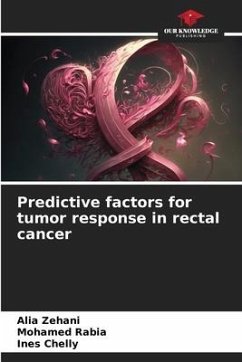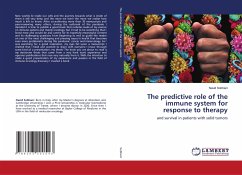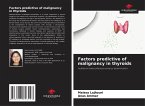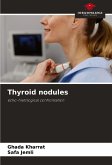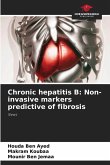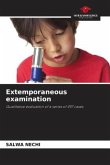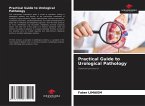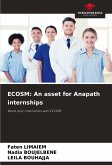Rectal cancer is a major public health problem and its treatment is based on neoadjuvant radio-chemotherapy associated with surgery.The objective of this study is to identify the factors that predict tumor response after neoadjuvant treatment.This is a retrospective descriptive study of 35 cases of rectal adenocarcinoma operated on and treated with neoadjuvant treatment. The series was composed of 12 men and 23 women with a mean age of 57 years.It was an adenocarcinoma in all cases. On biology, 22 patients had an CEA value higher than normal. Downstaging was found in 15 patients. The tumor was classified as ypT4 in 5 cases, ypT3 in 20 cases, ypT2 in 5 cases and ypT1 in 2 cases. Clearance was R0 in 28 patients and R1 in 12 patients. The tumor was TRG1 (3 cases), TRG 2 (2 cases), TRG3 (6 cases), TRG4 (19 cases) and TRG5 (5 cases). A significant relationship was found between CEA and TRG (p=0.037).There was no relationship between epidemiological data, parietal invasion rT(p=0.056),degree of tumor differentiation (p=0.142), histological type (p=0.196) and TRG.
Bitte wählen Sie Ihr Anliegen aus.
Rechnungen
Retourenschein anfordern
Bestellstatus
Storno

